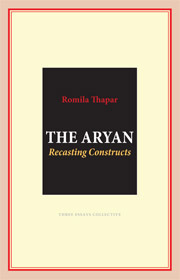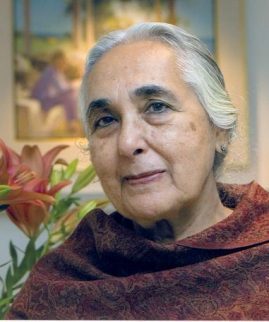
To identify the Aryan is to search for that which remains elusive. There have been many definitions based on multiple and diverse factors and there are therefore inevitable disagreements about both the identification and the meaning of the concept. It is probably the most complex question in early Indian history and it requires considerable expertise in the interpretation of the evidence which ranges from ecology to philology. This collection of essays, written over some years, explores these aspects of the theme in a way that furthers our understanding of an early period of Indian history. The constituents that went into the concept have changed from race, ethnicity and elements of nationality to language, status and culture. This has involved recasting the constructs and has inevitably been controversial. The essays explain how the constructs came to be formulated, why they changed and what might be more meaningful interrogations of this history. This collection of essays, written over some years, is not intended as a definitive statement on what is often referred to as ‘the Aryan question’. It is rather, an attempt to explore aspects of the theme that might further our understanding of an early period of Indian history. The constituents that went into the concept have changed from race, ethnicity and elements of nationality to language, status and culture. This has involved recasting the constructs and has inevitably been controversial. The essays attempt to explain how the constructs came to be formulated, why they changed and what might be more meaningful interrogations of this history.
Author

Romila Thapar is an Indian historian and Professor Emeritus at the Jawaharlal Nehru University, New Delhi. A graduate from Panjab University, Dr. Thapar completed her PhD in the School of Oriental and African Studies at the University of London. Her historical work portrays the origins of Hinduism as an evolving interplay between social forces. Her recent work on Somnath examines the evolution of the historiographies about the legendary Gujarat temple. Thapar has been a visiting professor at Cornell University, the University of Pennsylvania, and the College de France in Paris. She was elected General President of the Indian History Congress in 1983 and a Corresponding Fellow of the British Academy in 1999.